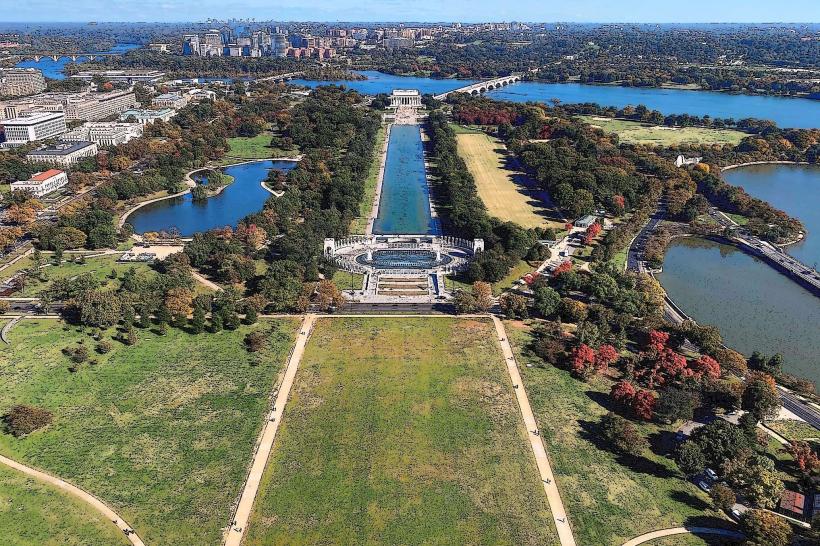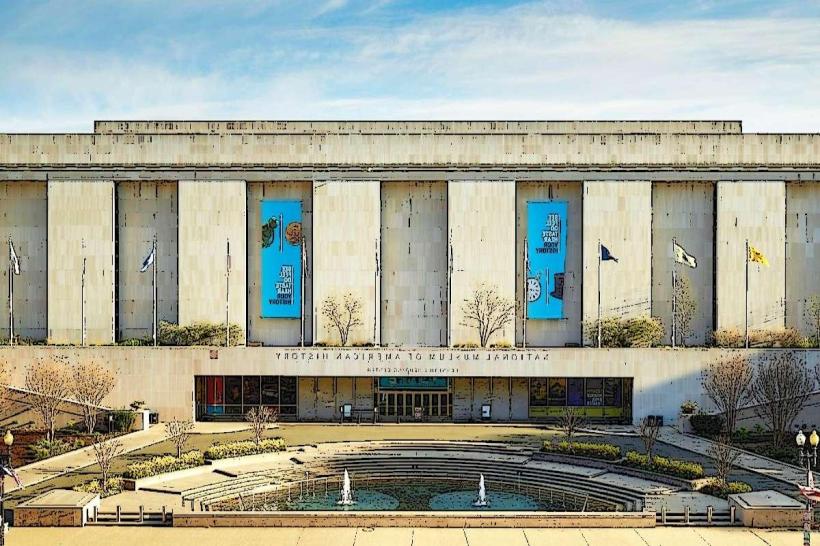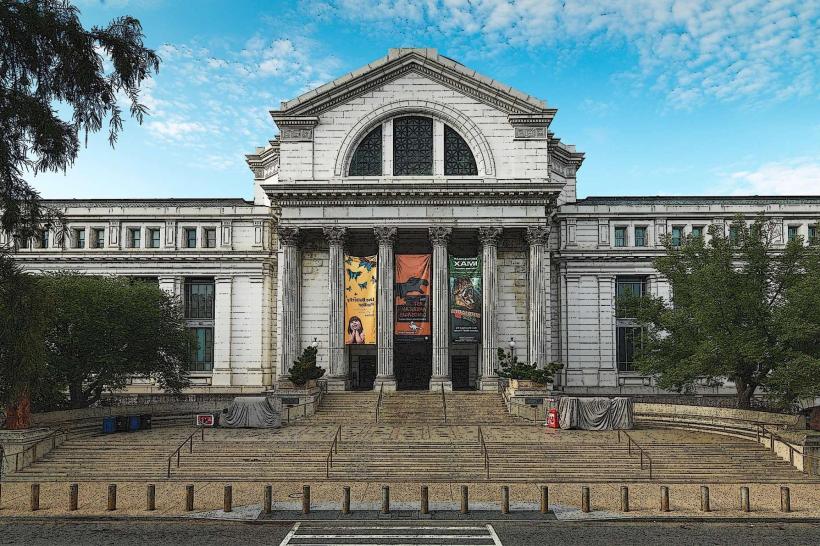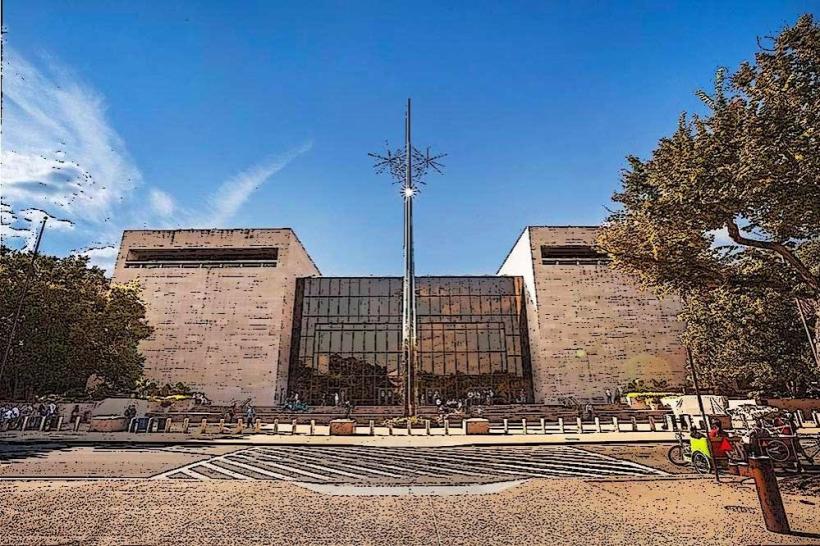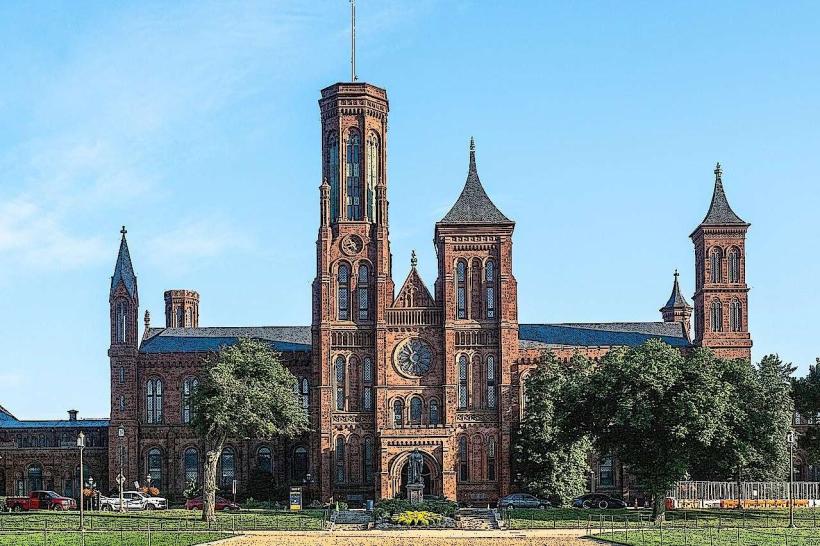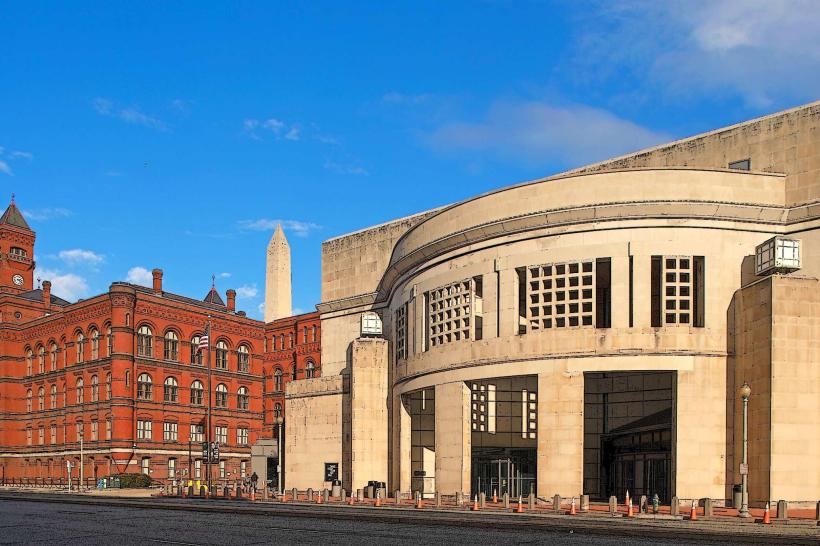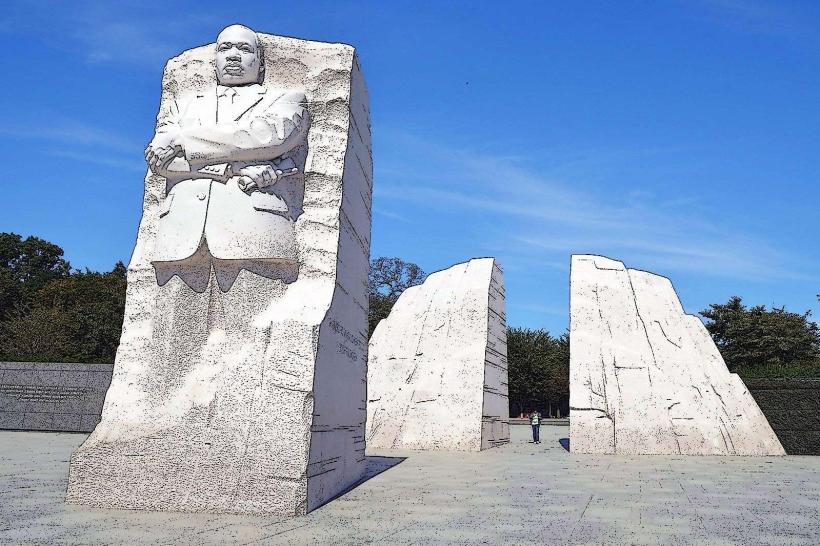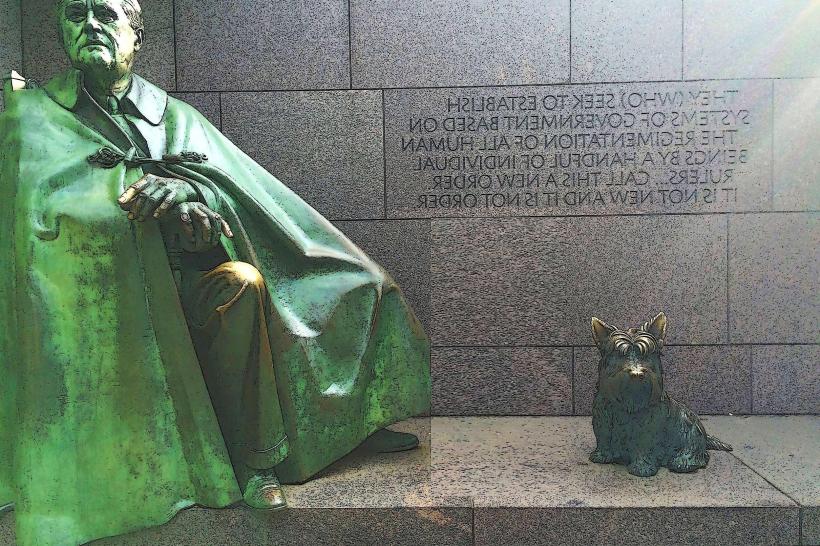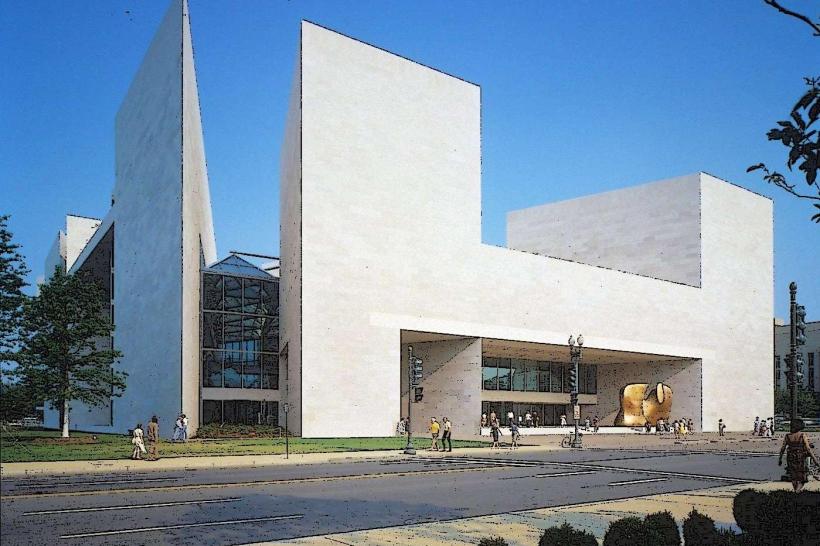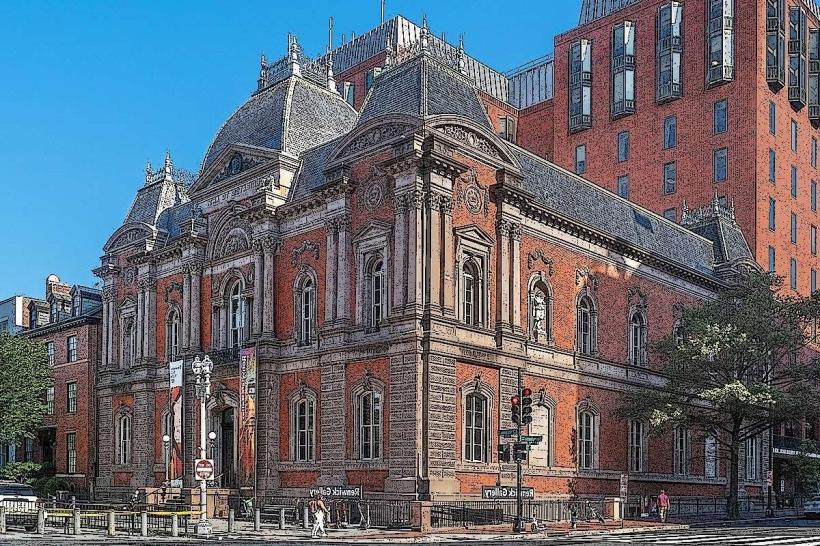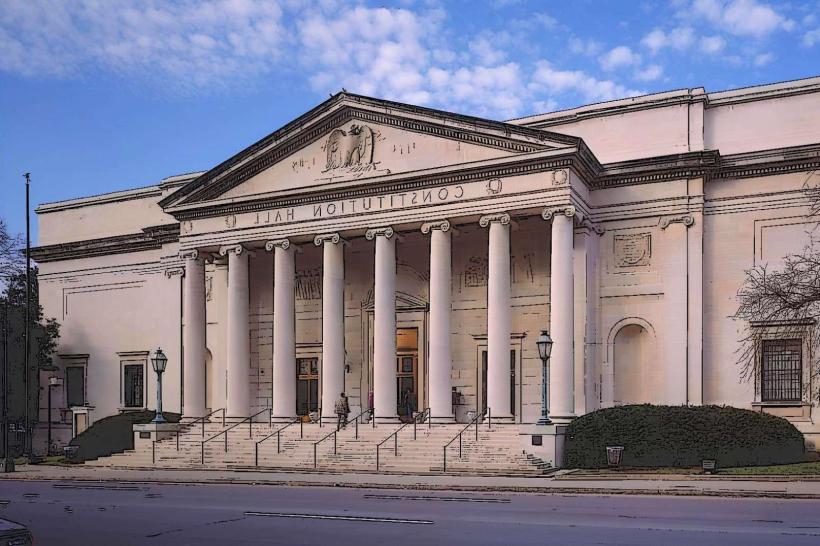Information
Landmark: Peirce MillCity: Northwest Washington
Country: USA Washington DC
Continent: North America
Peirce Mill, Northwest Washington, USA Washington DC, North America
Peirce Mill is a historic and culturally significant gristmill located within Rock Creek Park in Washington, D.C., at 2401 Tilden Street NW. It stands as the last remaining operational 19th-century gristmill in the city and is a remarkable example of early American industrial architecture and milling technology. Peirce Mill is listed on the National Register of Historic Places, highlighting its importance as a heritage site.
Historical Background
Constructed in 1829 by Isaac Peirce, the mill was built on the site of an earlier mill, capitalizing on the natural flow of Rock Creek to power its operations. Isaac Peirce incorporated innovative milling advancements pioneered by Oliver Evans, a notable American inventor who revolutionized the milling process with automated grain handling systems. The mill primarily ground corn, wheat, and rye for local farmers, playing an essential role in the agricultural economy of the Washington area during the 19th century.
Peirce Mill operated commercially until 1897, when advances in milling technology and transportation made small mills less competitive. After its closure, the building underwent a series of uses, including functioning as a teahouse in the 1920s. Recognizing its historical value, the National Park Service (NPS) undertook restoration efforts in the 1930s under the New Deal programs, preserving the structure as part of the cultural heritage of Rock Creek Park.
Architecture and Milling Technology
The mill is a two-story stone building designed in a straightforward and functional style typical of early industrial buildings. Its sturdy construction allowed it to withstand the wear of milling operations and the test of time.
Inside, Peirce Mill houses original milling machinery that has been preserved and, in parts, restored to working condition. The key components include three pairs of massive millstones, each weighing approximately 2,400 pounds. One pair, imported from France, is designed specifically for grinding wheat into fine flour, illustrating the mill’s capacity to produce different grades of ground grain.
The mill features machinery such as grain elevators, hoppers, sifters, and chutes arranged in a vertical system to move grain and flour through the various stages of processing. These mechanisms reflect Oliver Evans' automated design principles, which greatly improved milling efficiency by minimizing manual labor and maximizing continuous grain movement.
In recent years, restoration projects led by the Friends of Peirce Mill, a nonprofit organization dedicated to preserving and operating the mill, have brought some of the millstones back to operational status. Today, Peirce Mill conducts public demonstrations where visitors can witness corn being ground using traditional methods.
Location and Environment
Peirce Mill’s setting within Rock Creek Park offers a scenic and tranquil environment. The mill is situated near the banks of Rock Creek, where the water flow once powered its waterwheel and grinding mechanisms. The park itself is a large urban green space known for its natural beauty, hiking trails, picnic areas, and wildlife habitat.
Visitors to the mill enjoy not only the historic site but also the surrounding park’s recreational opportunities. The nearby Reservation 630 Trail and other walking paths provide access to the mill from various points, including nearby Metro stations such as Van Ness-UDC and Cleveland Park.
Public Access and Educational Programs
Peirce Mill is open to the public primarily on Saturdays from April through October. During this period, the mill hosts milling demonstrations, typically on the second and fourth Saturdays each month, allowing visitors to observe the traditional grinding of corn into meal. These live demonstrations connect visitors to early American industrial history and provide a tangible sense of 19th-century milling practices.
Educational programs are a vital aspect of the mill’s mission. School groups and families are encouraged to visit, as the mill offers a hands-on learning experience about engineering, local history, and traditional agriculture. The Friends of Peirce Mill organization collaborates with the National Park Service to develop resources and activities that enrich the educational value of visits, including guided tours and interpretive talks.
Preservation and Legacy
The preservation of Peirce Mill is the result of ongoing efforts by the National Park Service and community organizations committed to safeguarding Washington, D.C.’s historical and cultural landmarks. The mill exemplifies early American innovation in food production and industry and serves as a physical reminder of the region’s agrarian past.
By maintaining Peirce Mill as a working historic site, these organizations ensure that contemporary audiences can experience a rare glimpse into 19th-century technology and lifestyle. The mill’s continued operation as a functional gristmill, alongside its role as an educational and recreational resource, secures its place as a treasured part of the city’s heritage.
Summary
Peirce Mill represents a unique intersection of history, technology, and nature. It stands as a testament to early American ingenuity in milling and industrial design, preserved within the lush urban refuge of Rock Creek Park. Its operational machinery and educational programs create an immersive experience that brings the past vividly into the present, making it a vital landmark for both residents and visitors seeking to understand the historical foundations of Washington, D.C.




